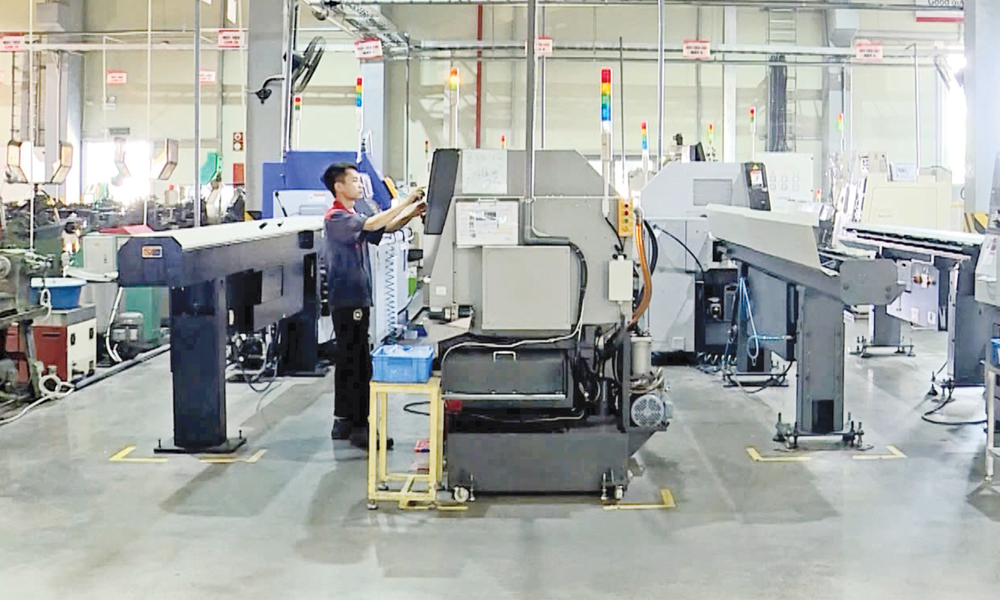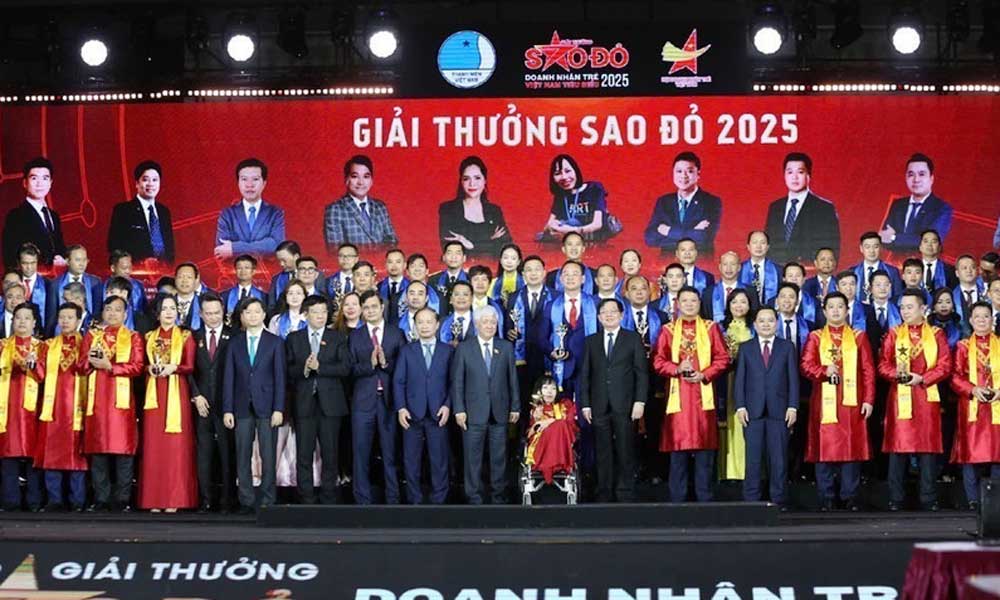Electronics exports hit record high despite global trade headwinds
According to data from the Vietnam Customs, as of November 15, electronics exports reached nearly 143 billion USD. Shipments of computers, electronic products and components totalled 92.13 billion USD, up 48.3%, while phones and components posted nearly 51 billion USD, a year-on-year rise of 5%.
Vietnam’s electronics industry has set a new export record this year despite rising tariffs and trade barriers in major markets.
 |
|
Assembling phone components at a factory in the Diem Thuy Industrial Park, Thai Nguyen province. |
According to data from the Vietnam Customs, as of November 15, electronics exports reached nearly 143 billion USD.
Shipments of computers, electronic products and components totalled 92.13 billion USD, up 48.3%, while phones and components posted nearly 51 billion USD, a year-on-year rise of 5%.
The sector earned an additional 32 billion USD compared with the same period of 2024, contributing significantly to the country’s total export value of over 410 billion USD. Electronics exports in the first ten and a half months surpassed full-year 2024 by 16.5 billion USD.
Holding more than 30% of industrial export revenue, electronics remains a key pillar of the economy. In 2024, the sector posted 126.5 billion USD in exports, up 17 billion USD year-on-year.
Industry experts attribute the strong performance to Vietnam’s rapid shift from assembly-based production to smart manufacturing, attracting large-scale FDI from Samsung, Intel, Foxconn and other global technology groups. Investments ranging from tens of millions to several billion USD have enabled annual electronics exports to consistently exceed 100 billion USD.
The sector currently employs over 1.5 million skilled workers and is advancing technology transfer and domestic component supply, with localisation rates of 40–50% in some segments.
Despite strong growth prospects, exporters face increasing pressure to meet global ESG standards. At a recent seminar on sustainable supply chains, the Vietnam Electronics Business Association (VEIA) noted that ESG compliance is now mandatory as major markets such as the EU tighten requirements on environmental, social responsibility and governance practices.
Global buyers are demanding greener and more transparent supply chains, carbon-management systems, data-protection measures and stronger commitments to labour and community welfare.
Major technology corporations are also accelerating sustainability targets, with Apple aiming for carbon neutrality by 2030, Samsung and Panasonic by 2050, and Sony by 2030.
Industry representatives said ESG-aligned production requires substantial investment but is essential for retaining access to global supply chains.
A survey by PwC Vietnam shows that 80% of domestic enterprises have implemented or are implementing ESG, while 90% of investment decisions now factor in reputation and sustainability commitments.
The VEIA is working to standardise ESG criteria for the electronics sector, strengthen linkages within the supply chain and coordinate with ministries to promote policies that support sustainable production, helping enterprises enhance competitiveness while meeting partner requirements.
 Bắc Ninh
Bắc Ninh













Reader's comments (0)